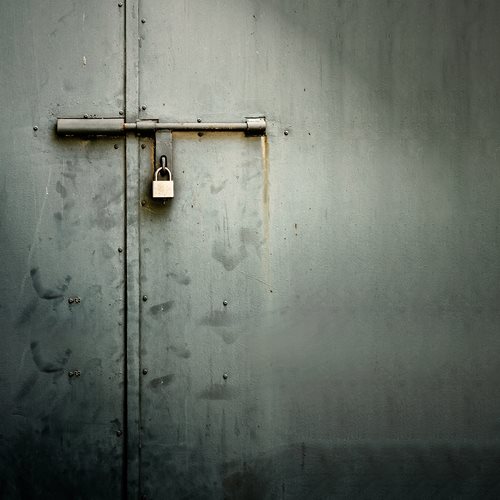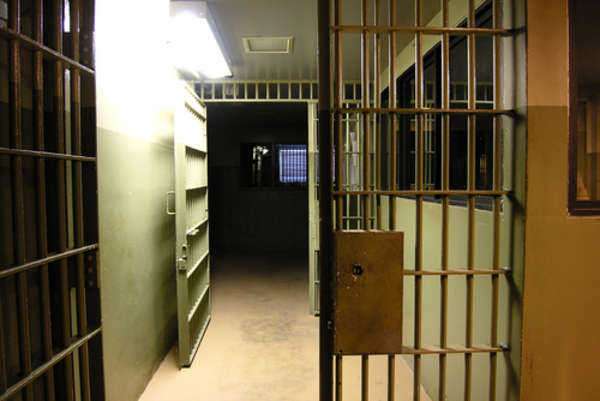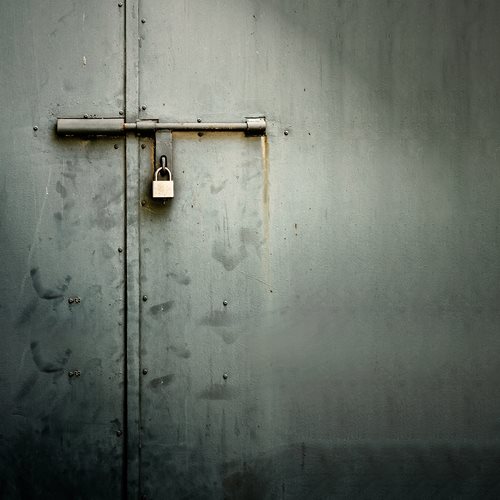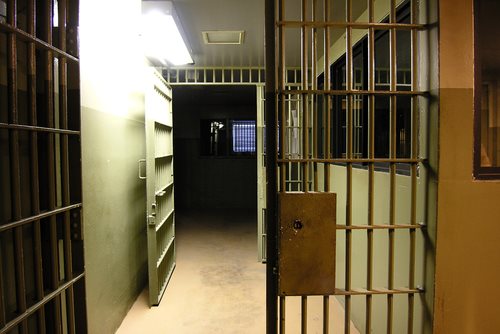Osceola County Jail
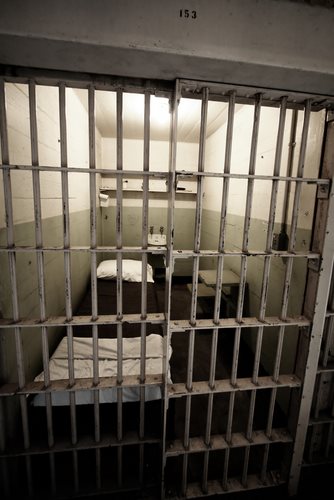



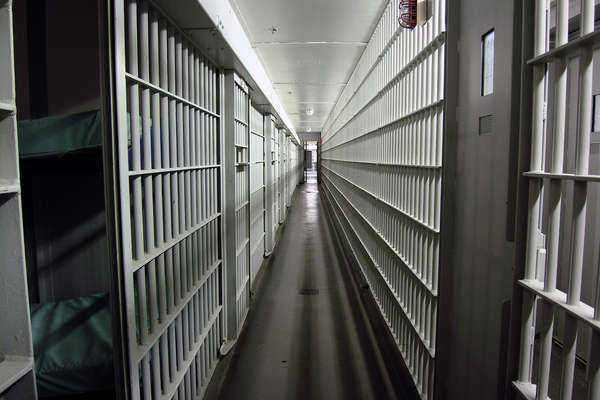
Nestled within the state of Florida, Indian River County Jail emerges as a cornerstone of the criminal justice system, playing a pivotal role in ensuring public safety and upholding justice. This comprehensive article delves into the nuances of Indian River County Jail, shedding light on its state-of-the-art facilities, meticulous operations, impactful inmate programs, and its far-reaching influence on the community it serves.
Facilities and Infrastructure
The Indian River County Jail boasts cutting-edge facilities that underscore its commitment to secure inmate housing while prioritizing their welfare. With advanced technologies and sophisticated surveillance systems, the facility is designed to facilitate smooth operations while adhering to stringent security measures. Notably, the architecture emphasizes the strategic segregation of inmates based on their security levels, which contributes to maintaining order and safety within the facility.
Operations and Security Measures
At Indian River County Jail, operational efficiency is paramount. The facility operates within a framework of meticulous security protocols, ensuring that escapes are prevented, order is maintained, and the safety of inmates, staff, and visitors remains unwavering. The daily oversight of the facility is entrusted to a dedicated team of highly trained correctional officers who conduct thorough inmate searches and enforce stringent rules and regulations. Furthermore, the facility is fortified with advanced security systems that enable real-time monitoring of inmate activities and prevent unauthorized access.
Inmate Programs and Rehabilitation
Indian River County Jail goes beyond incarceration, placing significant emphasis on rehabilitation through a diverse array of inmate programs. These initiatives are designed to foster personal growth, skill development, and behavior modification among inmates. Educational opportunities, vocational training, substance abuse treatment, and counseling services form the core of these programs. By addressing underlying issues, the jail contributes to a reduction in recidivism rates and lays the foundation for successful reintegration into society.
Medical and Mental Health Care
The holistic well-being of inmates takes center stage at Indian River County Jail. The facility offers comprehensive medical and mental health services that encompass both acute and chronic health conditions. Medical professionals ensure that inmates receive the necessary care, medications, and treatments required to maintain their health. This proactive approach underscores the facility’s commitment to promoting overall wellness within the inmate population.
Community Impact and Outreach
Indian River County Jail extends its reach beyond its walls by actively engaging with the community it serves. The facility forges collaborative partnerships with local organizations, educational institutions, and social services agencies to offer programs that benefit inmates during their incarceration journey and extend into their reentry process. By adopting a collaborative approach, Indian River County Jail enables inmates to develop essential life skills and nurtures a support network that proves invaluable upon their return to society.
Pretrial Services and Alternatives
A pivotal aspect of Indian River County Jail’s function lies in its role during the pretrial phase. As the facility accommodates individuals awaiting trial, it also participates in pretrial services that explore alternatives to traditional incarceration for non-violent offenders. These alternatives can encompass electronic monitoring, community service, or participation in diversion programs, contributing significantly to the reduction of jail overcrowding and promoting a more effective justice system.
Juvenile Detention and Programming
In alignment with its broader commitment to rehabilitation, Indian River County Jail operates a specialized juvenile detention center. This center caters to minors awaiting court hearings or placement in appropriate programs. Recognizing the unique needs of young offenders, the juvenile detention center offers programs tailored to address these needs, fostering positive behavior change and encouraging personal growth among its youthful inhabitants.
Collaboration with Law Enforcement
The seamless transition of individuals from arrest to incarceration is a collaborative effort between Indian River County Jail and local law enforcement agencies. This collaboration facilitates the exchange of vital information, supports the processing of detainees, and contributes to the efficient administration of justice. By working in tandem, the facility and law enforcement agencies ensure a streamlined and effective criminal justice process.
In conclusion, Indian River County Jail in Florida stands as a pillar of the criminal justice system, orchestrating its operations with precision, compassion, and a commitment to rehabilitation. Its state-of-the-art facilities, robust security measures, impactful inmate programs, and outreach initiatives all serve to underscore its role as a pivotal institution within the community. Through a holistic approach that prioritizes both security and rehabilitation, Indian River County Jail plays a transformative role, shaping the lives of inmates and leaving an indelible mark on the fabric of the local community.
Indian River County Jail is in Vero Beach, Florida and is located at 4055 41st Avenue. The phone number for Indian River County Jail administrators is (772) 569-6700. As of September 2010, this facility was listed as currently housing 540 inmates. Information on Indian River County Jail and related procedures such as for visiting its inmates can be located on the Indian River County Sheriff’s Office’s website.

